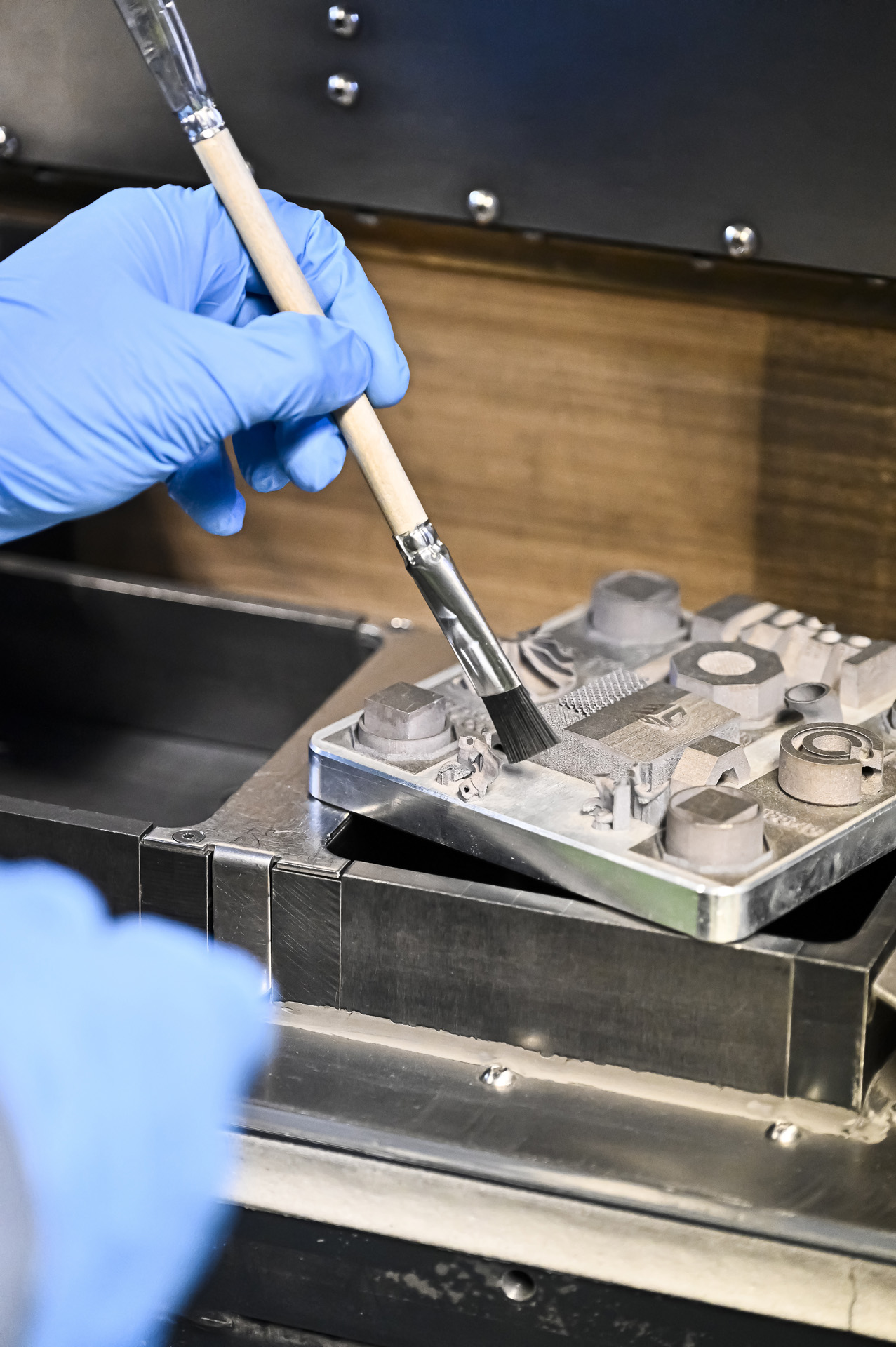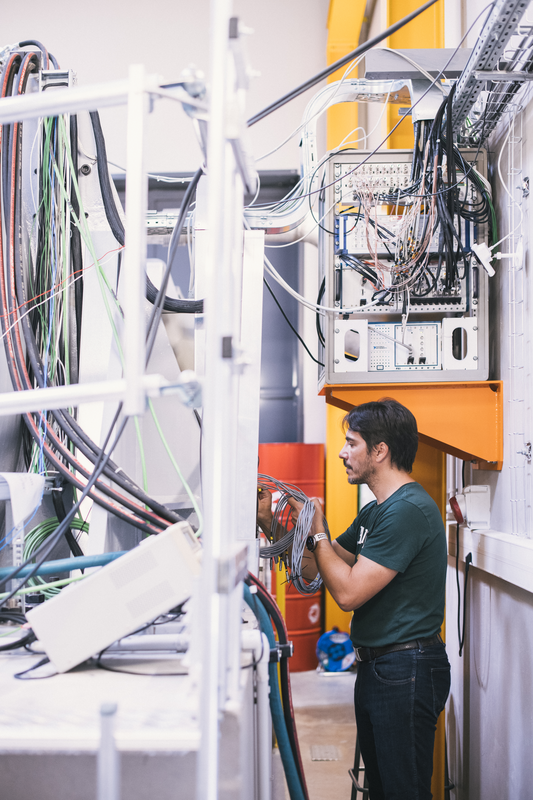Growth in mechanics
Centrale Lyon continues its ascent in the field of mechanics, this year reaching rank 151-200 in the Shanghai rankings. This performance is due in particular to the research activities carried out in this discipline. The school's teams are supported by state-of-the-art infrastructures, such as anechoic wind tunnels and laboratory equipment dedicated to materials analysis and aerodynamics. This work finds applications in key sectors such as aeronautics, automotive, and renewable energies, and participates in major industrial collaborations.
Recognition in mathematics
For several years, Centrale Lyon has been positioned in the 151-200 bracket in mathematics. These results reflect the dynamism of research in mathematics, an essential field for meeting contemporary technical and scientific challenges. The school excels in particular in the fields of artificial intelligence and data science. Centrale Lyon researchers regularly take part in interdisciplinary projects, ranging from the simulation of physical phenomena to the optimization of industrial processes.


France, the world's fourth scientific power
With 83 ranked establishments, France ranks fourth in the world behind China, the United States and the United Kingdom. This performance testifies to the strength of French higher education and research. The diversity of themes represented in the rankings also demonstrates the ability of French institutions to innovate in a variety of fields, from basic sciences to technological applications.
A demanding methodology
The Shanghai thematic rankings are based on a rigorous evaluation of institutions' scientific performance across several criteria: scientific publications, international collaborations, research impact and researcher distinction. This approach fosters recognition of institutions' tangible contributions to the advancement of knowledge and their global influence.
By standing out in these rankings Centrale Lyon affirms its role as a key player in engineering research and training, helping to meet the major scientific and societal challenges of our time.

